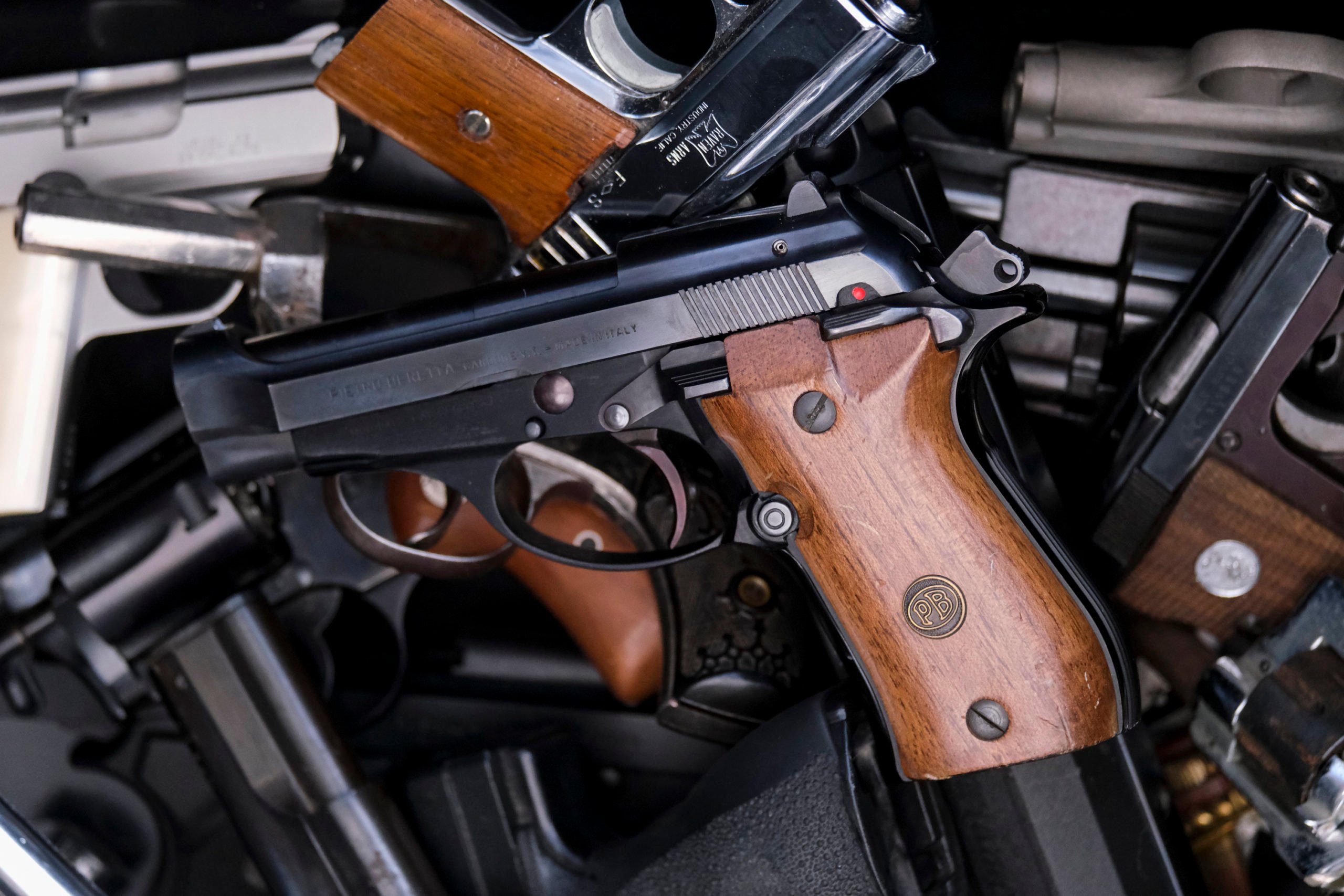Several California lawmakers have vowed to act after an investigation by The Trace and NBC Bay Area found widespread problems with how police and sheriff’s departments were logging firearms into a crime gun database.
“It is outrageous and upsetting when agencies don’t do their job, period. In this case, it is a matter of life and death,” said Assemblymember Cottie Petrie-Norris, the chair of the Assembly’s Accountability and Administrative Review Committee. “Since the departments are not fulfilling their legal responsibilities, it merits immediate and thorough oversight.”
State law requires law enforcement agencies to log any recovered gun they suspect of being involved in a crime as a “crime” gun in the California Department of Justice’s Automated Firearms System database. The “crime” tag ensures that information about the firearm is routed to the Bureau of Alcohol, Tobacco, Firearms and Explosives for tracing, a process that reveals the first legal owner of the gun and the store from which it was purchased. Policing experts consider gun tracing integral to solving crimes and preventing gun trafficking.
The Trace and NBC Bay Area found that nearly 150 departments have violated the requirement. Between 2010 and 2020, officers improperly logged nearly one out of four guns they recovered — more than 90,000 firearms in all. As a result, agencies may have deprived themselves of leads in shootings and other violent crimes, as well as undermined the ATF’s ability to pursue interstate gun traffickers.
Agencies may also trace weapons directly with the ATF, but the practice is rare, according to interviews with agencies across California.
Assemblymember Evan Low, a Democrat from Cupertino, said he wants to ensure that agencies obey the mandate. “Local law enforcement agencies in California should be making every effort to track the guns they take into their possession,” he said. “I intend to work with my colleagues in the Legislature to compel police and sheriff’s departments to report this data to make sure our state Department of Justice has the most accurate information to identify and apprehend illegal gun dealers.”
Democratic Assemblymember Marc Berman of Palo Alto told The Trace that “complete and accurate reporting is critical for combatting criminal gun markets and gun-related crimes.” He added that he would work in the coming session to encourage more comprehensive reporting by departments. A spokesperson for Democratic Assemblymember Luz Rivas of Arleta said she, too, would be supportive of efforts to close “this gun tracking loophole.”
A spokesperson for the California Department of Justice said the agency is “aware of the reporting issues” raised in The Trace and NBC Bay Area’s investigation.
The justice department does not actively monitor or reprimand agencies for logging guns improperly, and the Legislature has not prescribed penalties for violations of the entry requirement.
Kevin McCarty, a Sacramento assemblymember, said he’s “interested in seeing if a penalty system is the answer to ensuring law enforcement agencies are properly documenting crime guns.”
McCarty was the sponsor of a bill — signed into law by Governor Gavin Newsom in October — that requires the California Department of Justice to provide gun trafficking reports to the Legislature. The Trace and NBC Bay Area discovered that the data the justice department will use to generate these reports may be incomplete, missing thousands of guns that law enforcement agencies improperly recorded in the Automated Firearms System. It’s unclear whether the justice department will include data on firearms not tagged as “crime” guns in their analysis.
McCarty said the bill’s language leaves room for a broader definition of “crime gun” than what currently exists in the penal code. The justice department spokesperson said the agency was considering how best to “deliver accurate and complete data” in its reports for the Legislature. “Our intent is to produce a report that is accurate and comprehensive,” the spokesperson said.
The state Legislature will reconvene in January.


